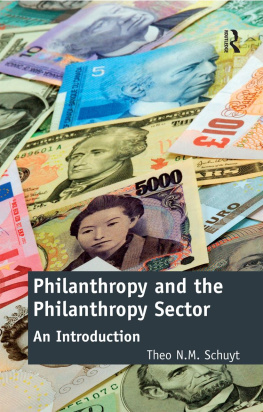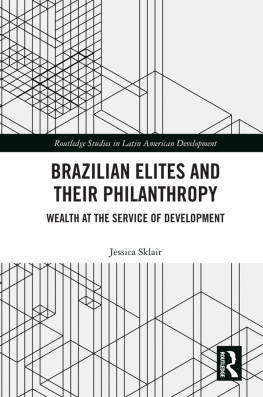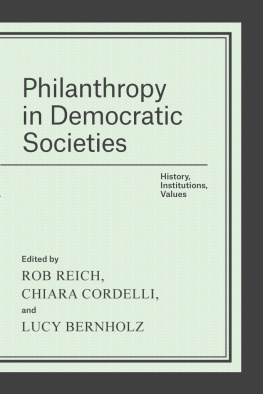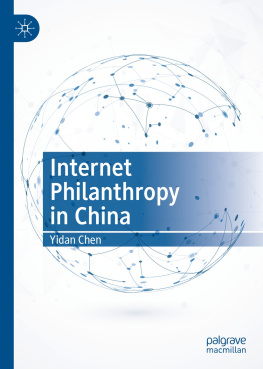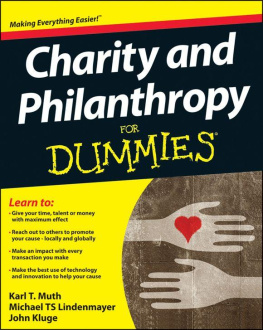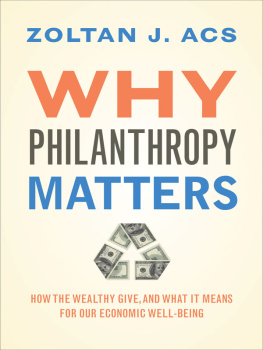First published by Zero Books, 2015
Zero Books is an imprint of John Hunt Publishing Ltd., Laurel House, Station Approach, Alresford, Hants, SO24 9JH, UK
office1@jhpbooks.net
www.johnhuntpublishing.com
www.zero-books.net
For distributor details and how to order please visit the Ordering section on our website.
Text copyright: Mikkel Thorup 2014
ISBN: 978 1 78279 867 5
Library of Congress Control Number: 2015933780
All rights reserved. Except for brief quotations in critical articles or reviews, no part of this book may be reproduced in any manner without prior written permission from the publishers.
The rights of Mikkel Thorup as author have been asserted in accordance with the Copyright, Designs and Patents Act 1988.
A CIP catalogue record for this book is available from the British Library.
Design: Lee Nash
Printed and bound by CPI Group (UK) Ltd, Croydon, CR0 4YY, UK
We operate a distinctive and ethical publishing philosophy in all areas of our business, from our global network of authors to production and worldwide distribution.
The Soul of Humankind under Philanthropic Capitalism
Just a few years apart but on each side of the Atlantic, two essays on inequality and philanthropy were published. The first, published in 1889 by the enormously rich American businessman Andrew Carnegie, was entitled Gospel of Wealth and was addressed to the rich and mighty. The second was by the Irish poet and writer Oscar Wilde, who in 1891 published The Soul of Man under Socialism as an indictment of private property. The first essay is constantly and positively mentioned and cited in todays talk of a philanthropic capitalism. The second one is hardly ever noticed, but that is the one of the two that speaks the truth.
Carnegies Gospel of Wealth is basically a reflection on how to sustain inequality in a time of socialist and anarchist threat to private property. It is an instalment of feudal-like social relations in an age of individualism. The problem of our age, he starts the essay, is the proper administration of wealth, so that the ties of brotherhood may still bind together the rich and poor in harmonious relationship. (Carnegie 2006, 1) The condition of inequality is taken for granted, it is even taken as a measure of civilization, and the question is therefore, how the rich are to relate to and paternalistically help the poor. Capitalist competition that condemns the many to a precarious existence and rewards the few is best for the race, because it ensures the survival of the fittest in every department. (Ibid., 3) He then enlists all his readers or just the very rich? by saying: We accept and welcome therefore, as conditions to which we must accommodate ourselves, great inequality of environment, the concentration of business, industrial and commercial, in the hands of a few, and the law of competition between these, as being not only beneficial, but essential for the future progress of the race. (Ibid.) One gets the feeling that these are sentiments of inequalitys virtues rather than the philanthropic thoughts that are the real appeal to present-day philanthropists.
The immediate reason for the essay is not really the plight of the poor but the threat from the Socialist and Anarchist who seeks to overturn present conditions, threats which attack the sacredness of property [on which] civilization itself depends the right of the laborer to his hundred dollars in the savings-bank, and equally the legal right of the millionaire to his millions. (Ibid., 4) Therefore, inequality is not bad in itself. It is a sign of progress and civilization as well as the reward to those who have the ability and energy to accumulate riches (Ibid.). The deservedly rich have a number of ways of administering their wealth and Carnegie heaps scorn on giving it away after ones death either to relatives or to public purposes:
There remains, then, only one mode of using great fortunes; but in this we have the true antidote for the temporary unequal distribution of wealth, the reconciliation of the rich and the poor a reign of harmony another ideal, differing, indeed, from that of the Communist in requiring only the further evolution of existing conditions, not the total overthrow of our civilization. (Ibid., 8)
Carnegies idea is basically a re-feudalization, a social hierarchy that he earlier in the essay had lamented is no longer possible to exercise in the great industrial plants. Now, it re-emerges as help to the poor. The dichotomization of the social is taken as a given, no value is bestowed on redistribution, and the wealthy giver is cast as the only one able to properly understand and administer the common good:
Under its sway, we shall have an ideal state, in which the surplus wealth of the few will become, in the best sense, the property of the many, because administered for the common good, and this wealth, passing through the hands of the few, can be a much more potent force for the elevation of our race than if it had been distributed in small sums to the people themselves. (Ibid.)
Redistribution would just mean a squandering of money, spent on the usual indulgencies and excesses of the poor. No, better to spend the money on museums, parks, libraries and the like (still a dominant way of charity but one looked uneasily upon by the philanthropic capitalists who we are to describe below). This kind of philanthropic activity locks in economic and social inequality. The millionaire has superior wisdom, experience, and ability to administer, doing for [the poor] better than they would or could do for themselves. (Ibid. 10) He is installed, like the feudal lord, as a trustee for the poor. (Ibid., 12) Today, one cannot speak this neo-feudal language explicitly, but I will argue hereunder that the same juggling between economic and social inequality is what is at stake in philanthropic capitalism.
Perhaps Oscar Wilde had read Carnegies essay. It appeared in the English Pall Mall Gazette shortly after its American printing, and Wildes piece is a perfect antidote to the benign paternalism of Carnegie, inspired as it is by the very same political ideas that Carnegie defined his position against. Wilde acknowledges how people with admirable though misdirected intentions [] very seriously and very sentimentally set themselves the task of remedying the evils that they see. But their remedies do not cure the disease: they merely prolong it. Indeed, their remedies are part of the disease. (Wilde 1904, 4-5) The latter comment will be part of the argument throughout this book. Rather than alleviate or entertain, as in the case of Carnegie the poor, the proper aim is to try and reconstruct society on such a basis that poverty will be impossible. And the altruistic virtues have really prevented the carrying out of this aim. (Ibid., 5) Their altruistic activities and understanding serve as a way to blind themselves as to the causes of poverty as well as to blind and pacify those reserving the help:
Just as the worst slave-owners were those who were kind to their slaves, and so prevented the horror of the system being realized by those who suffered from it, and understood by those who contemplated it, so, in the present state of things in England, the people who do most harm are the people who try to do most good. (Ibid)
The poor, Wilde says, take charity to be a ridiculously inadequate mode of partial restitution, or a sentimental dole, usually accompanied by some impertinent attempt on the part of the sentimentalist to tyrannize over their private lives (Ibid., 10-11); something easily recognizable today in both charity and welfare systems. It is both immoral and unfair (Ibid., 6) to help the poor with wealth gained from a system dependent upon the unequal position of people, but it is even worse to expect gratitude from people helped. We are often told, he says, that the poor are grateful for charity. Some of them are no doubt,



